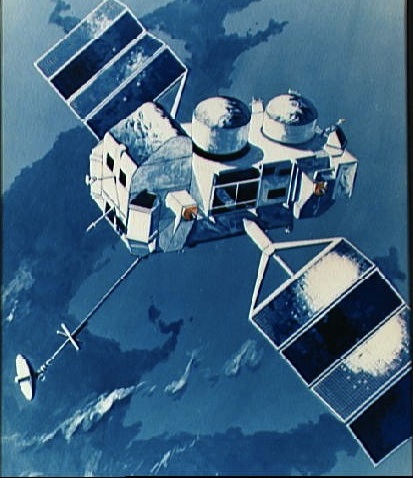By Dr. Edward Hoffman
I sat mesmerized the other evening listening to a discussion about the space program. The event was sponsored by the Smithsonian Institution. A panel of prominent media insiders was sharing stories of the Space Race and the Apollo dramas that unfolded with it.
I was involved in research to identify
the characteristics of superior leaders.
Walter Cronkite regaled the crowd with recollections, humor and his sheer passion for space adventure. By the end of the two hours, we were all spellbound. The power and wonder of storytelling was as much on display as anything.
For me it also brought back memories of my first experiences at NASA eighteen years earlier. As a student intern I was involved in research to identify the characteristics of superior leaders.
I have always remembered one strong impression from that early work. It was an interview with a software manager at NASA Goddard. The interview was like most others, until the end when I got up to leave. The manager started smiling and walked to a corner to show me samples of his work, reams of computer printout paper. I found it amusing because the pages were indecipherable to me. However, the enthusiasm, passion and stories the manager shared have stayed with me forever. I remember thinking that if someone can get so excited about computer printouts this must be a phenomenal place to work.
A couple of years later I started working as an employee for NASA. I was, and remain, amazed by the talent, dedication and passion of the people who work here. In particular, the people who work on projects always seem to have so much energy and focus. Much of this is conveyed in the hallways and after hours through stories and recollections.
As the Director of the NASA Academy of Program and Project Leadership (APPL), I always wanted to find a way to informally promote greater sharing of the passion, joy, agony and lessons of working on a NASA project. I have always believed that if talented and passionate people have a chance to talk to one another and share experiences, great things will take shape. But how do we do this in an environment that always seems to be accelerating ever faster and with the time to talk about such things becoming preciously scarce?
Over the past two years the APPL Masters Forums have gathered some of the best project managers to share knowledge and tell stories related to project success. The idea was to create and maintain an informal environment for talented and passionate people to share. Now it is time to take another step. The first issue of ASK introduces another vehicle for conversation and sharing.
ASK will provide a format that is easy, accessible and open. The stories and columns that appear in this bi-monthly magazine will offer simple yet powerful advice, lessons, insights, humor and narratives that underscore what makes NASA projects so meaningful — the competence and passion of the people who work on them.
We need to find ways to communicate with each other as did Walter Cronkite and the media panel in sharing stories of the Space Race. We need to find ways to make it easy for practitioners like the software manager to explain the importance of their work. ASK is a step in that direction.






